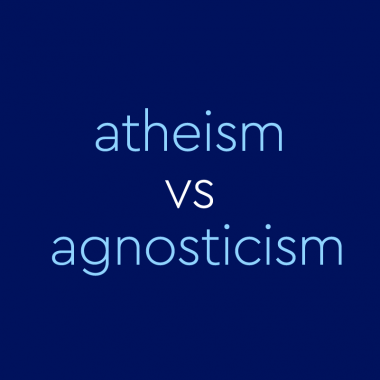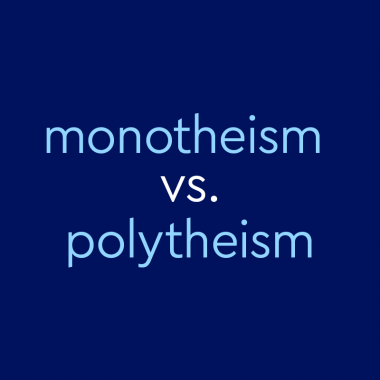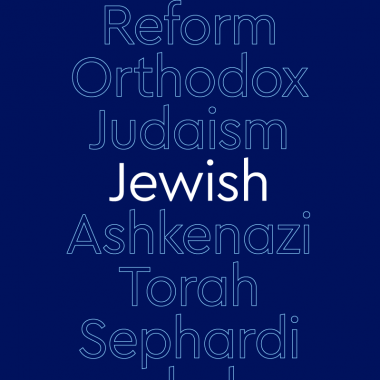Tag Archives: interest-religion
-
The Major Facts About The Month of Ramadan
Every year, Muslims around the world observe Ramadan by fasting during the daylight hours for 30 days. It’s a tradition written into the Qur’an itself, and Ramadan is one of the most important months for followers of Islam. From when it starts (the date changes every year with respect to the Gregorian calendar) to the strict set of dietary rules for the month, here’s what …
-
What Do Shrove Tuesday, Mardi Gras, Ash Wednesday, And Lent Mean?
As anyone who is familiar with Christian holidays knows, winter is jam-packed with important observances. Christmas is well known, but there are many occasions with great religious significance leading up to spring that are less familiar to many: Shrove Tuesday, Mardi Gras, Ash Wednesday, and Lent. In the simplest sense, all of these days are lead-ins to the central Christian festival of Easter. Some are …
-
Christmas Greetings Around The World
During the holiday season, we hear Merry Christmas countless times. How did we settle on this Christmas greeting? It’s not clear, but in the United States, the word merry is almost exclusively used in the Christmas season. Merry in this phrase means “festive or characterized by rejoicing.” One of the earliest known uses of Merry Christmas is in a December 22, 1534, record of a …
-
Monotheism vs. Polytheism: What’s The Difference?
By some estimates, there are more than 4,000 religions in the world. And while these beliefs vary widely, many of them can be generally categorized as forms of either monotheism or polytheism. The difference has to do with whether followers believe in or worship a single deity (supreme being) or multiple ones. In this article, we’ll break down the difference, provide examples of monotheism and …
-
Terms That Show The Diversity Of Jewish American Life
by Min Straussman In 1585, a mining expert named Joachim Gans landed on Roanoke Island in the New World. He is considered the first Jewish person to visit the Americas. Almost 70 years later, in 1654, the first Jewish community was founded in what was then known as New Amsterdam, and what we today call New York City. They came, like so many other early …
-
What’s So “Fast” About “Fasting”?
During the month of Ramadan, followers of Islam around the world partake in fasting. No food or drink is consumed during the daylight hours for 30 straight days. People who partake are far from alone. In fact, fasting plays an important role in many religions, as well as in diets and forms of protest. Regardless of the purpose, there’s a couple of questions that relate …











